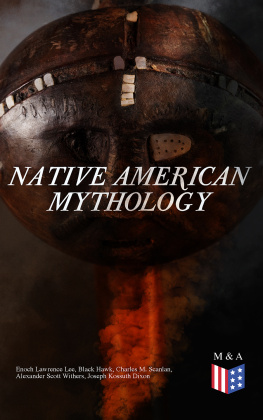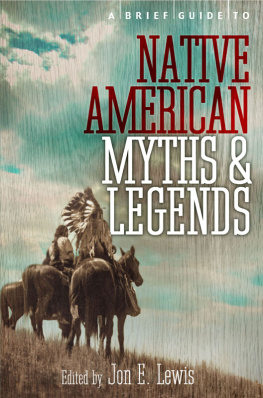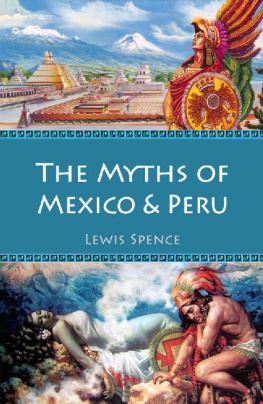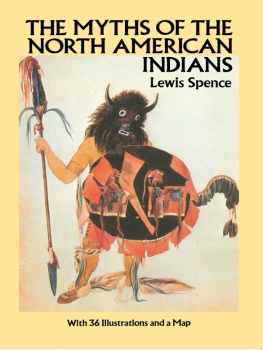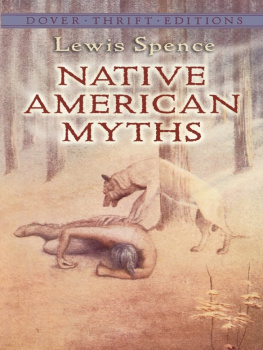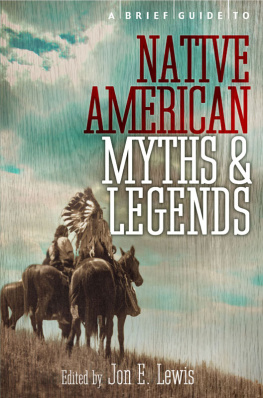INTRODUCTION
An abundance of literature exists on the subject of the Rhine and its legends, but with few exceptions the works on it which are accessible to English-speaking peoples are antiquated in spirit and verbiage, and their authors have been content to accept the first version of such legends and traditions as came their way without submitting them to any critical examination. It is claimed for this book that much of its matter was collected on the spot, or that at least most of the tales here presented were perused in other works at the scene of the occurrences related. This volume is thus something more than a mere compilation, and when it is further stated that only the most characteristic and original versions and variants of the many tales here given have gained admittance to the collection, its value will become apparent.
It is, of course, no easy task to infuse a spirit of originality into matter which has already achieved such a measure of celebrity as have these wild and wondrous tales of Rhineland. But it is hoped that the treatment to which these stories have been subjected is not without a novelty of its own. One circumstance may be alluded to as characteristic of the manner of their treatment in this work. In most English books on Rhine legend the tales themselves are presented in a form so brief, succinct, and uninspiring as to rob them entirely of that mysterious glamour lacking which they become mere material by which to add to and illustrate the guide-book. The absence of the romantic spirit in most English and American compilations dealing with the Rhine legends is noteworthy, and in writing this book the authors intention has been to supply this striking defect by retaining as much of the atmosphere of mystery so dear to the German heart as will convey to the English-speaking reader a true conception of the spirit of German legend.
But it is not contended that because greater space and freedom of narrative scope than is usual has been taken by the author the volume would not prove itself an acceptable companion upon a voyage on Rhine waters undertaken in holiday times of peace. Indeed, every attempt has been made so to arrange the legends that they will illustrate a Rhine journey from sea to sourcethe manner in which the majority of visitors to Germany will make the voyageand to this end the tales have been marshalled in such form that a reader sitting on the deck of a Rhine steamer may be able to peruse the legends relating to the various localities in their proper order as he passes them. There are included, however, several tales relating to places which cannot be viewed from the deck of a steamer, but which may be visited at the cost of a short inland excursion. These are such as from their celebrity could not be omitted from any work on the legends of Rhineland, but they are few in number.
The historical development, folklore, poetry, and art of the Rhine-country have been dealt with in a special introductory chapter. The history of the Rhine basin is a complicated and uneven one, chiefly consisting in the rapid and perplexing rise and fall of dynasties and the alternate confiscation of one or both banks of the devoted stream to the empires of France or Germany. But the evolution of a reasoned narrative has been attempted from this chaotic material, and, so far as the author is aware, it is the only one existing in English. The folklore and romance elements in Rhine legend have been carefully examined, and the best poetic material upon the storied river has been critically collected and reviewed. To those who may one day visit the Rhine it is hoped that the volume may afford a suitable introduction to a fascinating field of travel, while to such as have already viewed its glories it may serve to renew old associations and awaken cherished memories of a river without peer or parallel in its wealth of story, its boundless mystery, and the hold which it has exercised upon all who have lingered by the hero-trodden paths that wind among its mysterious promontories and song-haunted strands.
L.S.
CHAPTER ITOPOGRAPHICAL AND HISTORICAL
There are many rivers whose celebrity is of much greater antiquity than that of the Rhine. The Nile and the Ganges are intimately associated with the early history of civilization and the mysterious beginnings of wisdom; the Tiber is eloquent of that vanished Empire which was the first to carry the torch of advancement into the dark places of barbarian Europe; the name of the Jordan is sacred to thousands as that first heard in infancy and linked with lives and memories divine. But, universal as is the fame of these rivers, none of them has awakened in the breasts of the dwellers on their banks such a fervent devotion, such intense enthusiasm, or such a powerful patriotic appeal as has the Rhine, at once the river, the frontier, and the palladium of the German folk.
The Magic of the Rhine
But the appeal is wider, for the Rhine is peculiarly the home of a legendary mysticism almost unique. Those whose lives are spent in their creation and interpretation know that song and legend have a particular affinity for water. Hogg, the friend of Shelley, was wont to tell how the bright eyes of his comrade would dilate at the sight of even a puddle by the roadside. Has water a hypnotic attraction for certain minds? Be that as it may, there has crystallized round the great waterways of the world a traditionary lore which preserves the thought and feeling of the past, and retains many a circumstance of wonder and marvel from olden epochs which the modern world could ill have spared.
Varied and valuable as are the traditional tales of other streams, none possess that colour of intensity and mystery, that spell of ancient profundity which belong to the legends of the Rhine. In perusing these we feel our very souls plunged in darkness as that of the carven gloom of some Gothic cathedral or the Cimmerian depths of some ancient forest unpierced by sun-shafts. It is the Teutonic mystery which has us in its grip, a thing as readily recognizable as the Celtic glamour or the Egyptian glooma thing of the shadows of eld, stern, ancient, of a ponderous fantasy, instinct with the spirit of nature, of dwarfs, elves, kobolds, erlkings, the wraiths and shades of forest and flood, of mountain and mere, of castled height and swift whirlpool, the denizens of the deep valleys and mines, the bergs and heaths of this great province of romance, this rich satrapy of Fary.
A Land of Legend
Nowhere is legend so thickly strewn as on the banks of the Rhine. Each step is eloquent of tradition, each town, village, and valley. No hill, no castle but has its story, true or legendary. The Teuton is easily the worlds master in the art of conserving local lore. As one speeds down the broad breast of this wondrous river, gay with summer and flushed with the laughter of early vineyards, so close is the network of legend that the swiftly read or spoken tale of one locality is scarce over ere the traveller is confronted by another. It is a surfeit of romance, an inexhaustible hoard of the matter of marvel.
This noble stream with its wealth of tradition has made such a powerful impression upon the national imagination that it has become intimate in the soul of the people and commands a reverence and affection which is not given by any other modern nation to its greatest and most characteristic river. The Englishman has only a mitigated pride in the Thames, as a great commercial asset or, its metropolitan borders once passed, a river of peculiarly restful character; the Frenchman evinces no very great enthusiasm toward the Seine; and if there are many Spanish songs about the chainless Guadalquivir, the dons have been content to retain its Arabic name. But what German heart does not thrill at the name of the Rhine? What German cheek does not flush at the sound of that mighty thunder-hymn which tells of his determination to preserve the river of his fathers at the cost of his best blood? Nay, what man of patriotic temperament but feels a responsive chord awake within him at the thought of that majestic song, so stern, so strong, clad in armour, vibrant with the clang of swords, instinct with the universal accord of a united people? To those who have heard it sung by multitudinous voices to the accompaniment of golden harps and silver trumpets it is a thing which can never be forgotten, this world-song that is at once a hymn of union, a song of the deepest love of country, a defiance and an intimation of resistance to the death.



